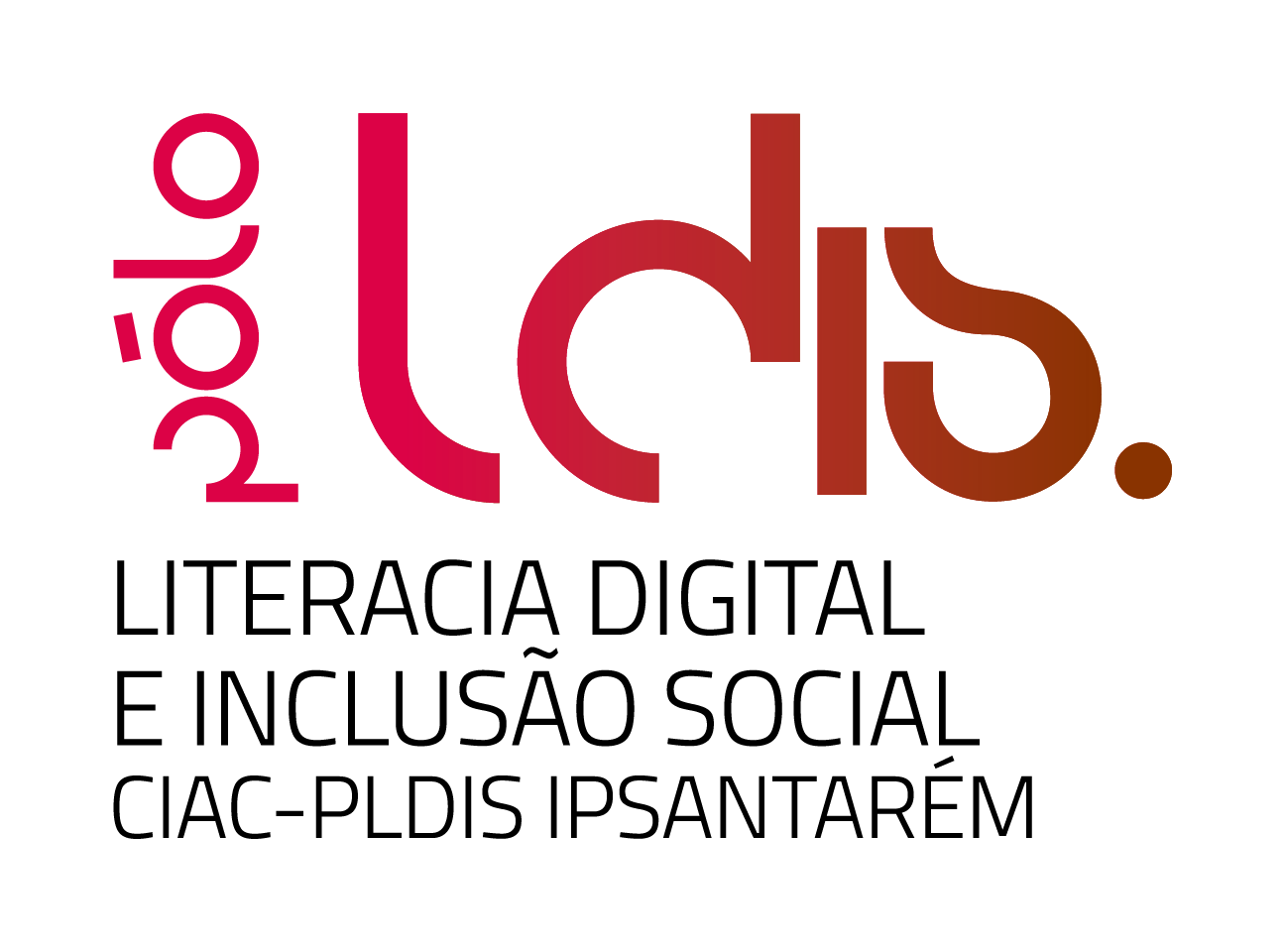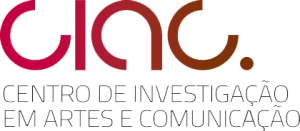European Guidelines
This section provides access to key European guidelines concerning the ethical and regulatory landscape of Artificial Intelligence (AI) within educational settings. These documents, published by the European Commission, offer valuable frameworks for understanding both the responsible use of AI in teaching and learning and the limitations and prohibitions surrounding certain AI practices within the European Union. We encourage you to explore these resources to gain a deeper understanding of the evolving standards and considerations in this rapidly advancing field.
Book: “Ethical guidelines on the use of artificial intelligence and data in teaching and learning for educators”
These European Commission guidelines offer ethical guidance for educators using AI and data in teaching and learning. They highlight key ethical considerations (human agency, equity, humanity, justified choice) and requirements for trustworthy AI (human oversight, transparency, diversity, social well-being, data privacy, robustness, accountability). The guidelines also provide practical advice for planning and implementing AI in education.
Book: “Guidelines on Prohibited Artificial Intelligence Practices”
These European Commission guidelines detail AI practices prohibited by the AI Law, which will be applicable as of February 2, 2025. These prohibited practices include harmful manipulation, social scoring, predictive crime assessment, non-selective facial image scraping, emotion recognition in work and education, biometric categorization of sensitive data, and real-time remote biometric identification in public spaces for law enforcement purposes.


